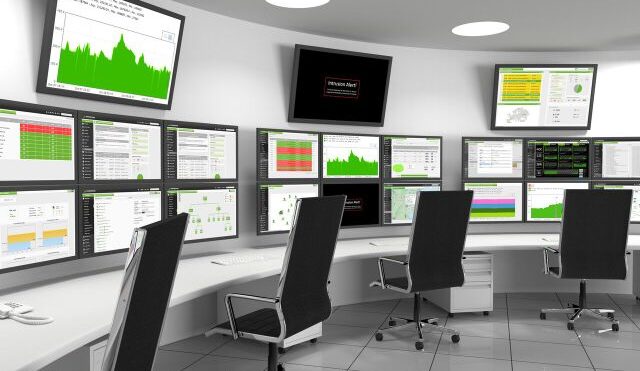The team over at Microsoft has broken down four ways to stay safe on public networks, making sure when you hop on that Wi-Fi network you are protecting yourself and your business.
How to Stay Safe on Public Networks
Just about anywhere you go these days there seems to be plenty of available public Wi-Fi. And while this is massively convenient if you’re away from your home or office, there can be harmful security risks lurking on the other side of the access form. Make sure you’re prepared the next time you need to get work done while on the go – it could just save your business.
Not all public Wi-Fi networks are created equal
For example, that tempting “Free Airport Wi-Fi” network in the background is potentially more exposed than a Wi-Fi network provided by one of the coffee shops, stores, or retailers in the airport. Your best option is to find networks from a specific location, ideally with a password that you must request, or hidden SSIDs, instead. You’ll appreciate the slight increase in security as well as the likely improved performance.
Use approved remote access tools
VPN (virtual private network) tools are great because they have encryption, and they are user-initiated so you have to be purposely trying to connect to your network remotely. We recommend using a VPN through your firewall, such as a Cisco Meraki device or SonicWALL. If you are a current Consuro managed services customer and are unsure how to connect remotely with your specific VPN, please contact the Consuro Help Desk at helpdesk@consuro.com.
Use multi-factor authentication
You’re probably already using Multi-Factor Authentication for different sites and applications. How many times have you clicked “forgotten password” and you get a reset code sent to your cell phone? It’s a simple step to help increase security and identity to ensure that it’s actually “you” when trying to access your business environment remotely.
Benefits include:
- reduced probability of an internet attacker gaining access to an account, resulting in fewer security breaches
- safeguard access by mobile apps, phone calls, and text messages
- reduced risk, and meeting compliance requirements
Turn off Wi-Fi when not in use
One simple way to protect your confidential information while in public is to turn off Wi-Fi when you’re not using it. If you don’t need to be online, don’t connect. Or do as much offline as possible and connect only when you really need to. One additional up side… it actually saves your battery too!
And remember, never leave your device unattended while you go grab that latte.
Working remotely is a convenience that allows you to get things done when away from the office or home. Follow these simple tips to stay safe while being productive remotely.
Want to talk to a Microsoft-certified IT team? Call us today.

